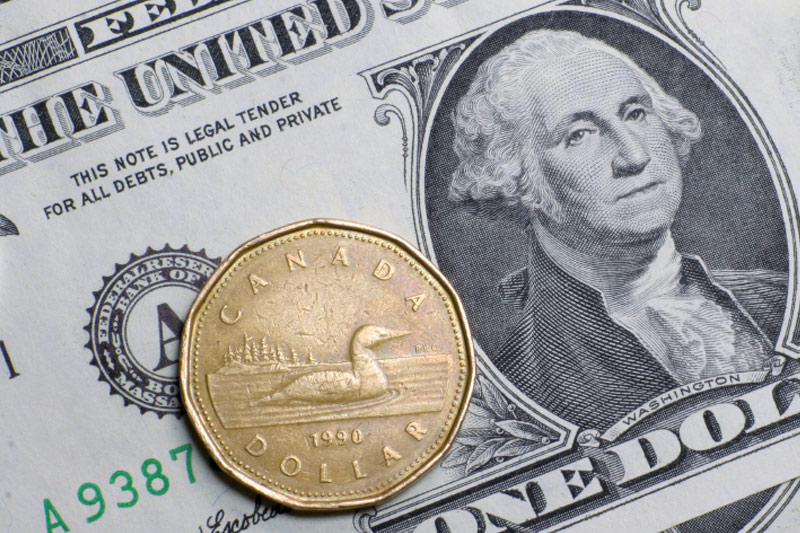Investing.com - The U.S. dollar moved lower against the Canadian dollar on Monday, as investors turned their attention to Canadian reports on trade and GDP growth due out later in the week.
USD/CAD was down 0.27% to 1.1079 in early U.S. trade, after rising to one-month highs of 1.1193 on Friday.
The pair was likely to find support at 1.1040 and resistance at 1.1141, the session high.
The loonie, as the Canadian dollar is also known, fell against the U.S. dollar on Friday after Statistics Canada reported that December retail sales tumbled by a larger than expected 1.8% from the previous month.
Canada’s dollar retraced some of these losses after a separate report showed that the rate of consumer inflation accelerated by 1.5% in January from a year earlier. This was higher than the 1.3% increase forecast by economists, but remained well below the Bank of Canada’s 2% target.
The data indicated that the BoC is likely to keep rates on hold for some time to come.
Market sentiment remained subdued after data on Monday showed that Chinese home prices fell for the first time in 14 months in January. The data added to fears that the world’s second largest economy is slowing as the government tries to tackle bad loans and weak lenders.
Elsewhere, the loonie was also higher against the euro, with EUR/CAD down 0.46% to 1.5200.
The common currency shrugged off a report showing that Germany’s Ifo business climate index rose by the most in over two-and-a-half years in February.
German research institute Ifo said its business climate index came in at 111.3 in February, the highest level since mid-2011, up from 110.6 in January. Analysts had expected an unchanged reading.
